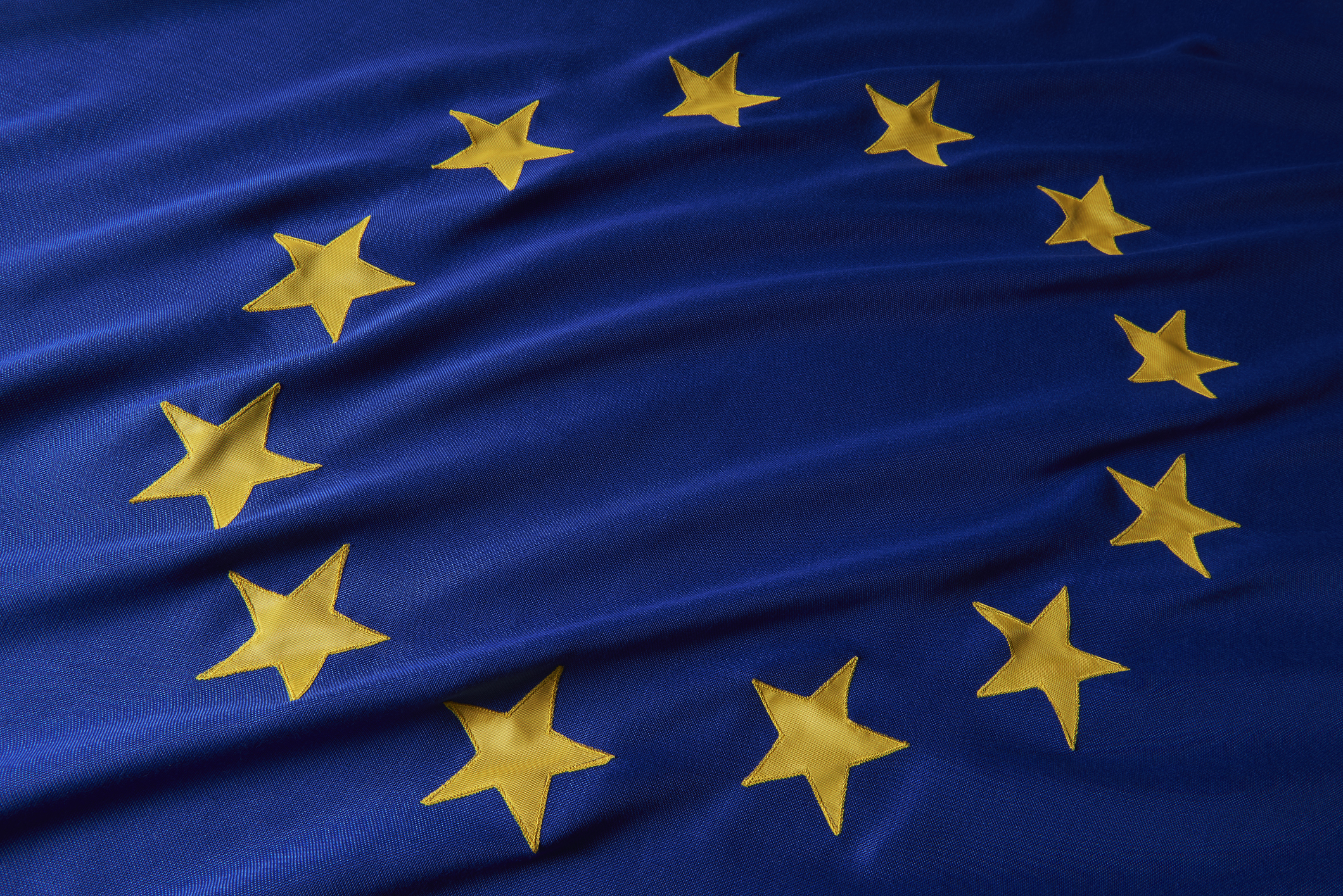EU agrees on data sharing legislation to accelerate industry-wide innovation
The Data Governance Act aims to make it easier for personal data to be shared across the public and private sectors in areas such as research, innovation, and AI


The EU's proposed Data Governance Act (DGA) has been provisionally agreed by the European Council and European Parliament which could bring an innovation boost to the Bloc's data economy.
The DGA promotes the sharing of protected public-sector data between companies in the EU and aims to provide a trustworthy environment through which innovative products and research can be produced.
UK devising EU-alternative mechanism for global data sharing General Data Protection Regulation (GDPR) What are the pros and cons of AI?
It will introduce robust mechanisms such as digital platforms which can be used to purchase data for 'altruistic projects', the Bloc said on Tuesday.
It’s thought such data can be bought and re-used at a faster rate by EU member states to accelerate the development of projects for the common good, like medical research.
There is also a belief in the EU that the potential for artificial intelligence (AI) development cannot be unlocked without data sharing.
"The Data Governance Act is a major milestone that will boost the data-driven economy in Europe in the years to come," said Boštjan Koritnik, Slovenian minister for public administration, and president of the European Council. "By enabling control and creating trust, it will help unlock the potential of vast amounts of data generated by businesses and individuals.
"This is indispensable for the development of artificial intelligence applications and critical for the EU’s global competitiveness in this area. Data-powered innovations will help us address a range of societal challenges and drive economic growth, which is so important for the post-COVID recovery."
Get the ITPro daily newsletter
Sign up today and you will receive a free copy of our Future Focus 2025 report - the leading guidance on AI, cybersecurity and other IT challenges as per 700+ senior executives
Data made available on these digital platforms will be subject to the rights of others and includes categories such as trade secrets, personal data and data protected by intellectual property rights.
The EU said individuals and companies whose data will be made available on these platforms, known as data intermediation services, will have full control over their data and share it only with clients they trust.
Data intermediation services will also have to be listed on an official register to be able to operate - a measure the EU hopes will foster greater trust in the initiative.
RELATED RESOURCE

"The law will be used to structure data sharing between organisations and member states in a more open and controlled way than is currently possible," said Peter Galdies, senior consultant at DQM GRC.
"Importantly, the obligation to meet the requirements of pre-existing data legislation still exists. It does not attempt to run roughshod over laws like the GDPR, but instead more clearly allocates responsibilities and measures that may have to be met to allow such sharing to take place."
The core principles of the General Data Protection Regulation (GDPR) will be at the heart of each data transaction on these digital platforms. Data intermediaries will not be able to share or sell data for any other purposes outside of what's agreed by the original stakeholders but will be allowed to charge for each transaction.
Public sector bodies will be prohibited from creating exclusive rights for the re-use of certain data and exclusive agreements will have to be limited to a maximum of 12 months, or two-and-a-half years for existing agreements.
"We are at the beginning of the age of AI and Europe will require more and more data," said lead MEP Angelika Niebler. "This agreement should make it easy and safe to tap into the rich data silos spread all over the EU.
"The data revolution will not wait for Europe. We need to act now if European digital companies want to have a place among the world’s top digital innovators."

Connor Jones has been at the forefront of global cyber security news coverage for the past few years, breaking developments on major stories such as LockBit’s ransomware attack on Royal Mail International, and many others. He has also made sporadic appearances on the ITPro Podcast discussing topics from home desk setups all the way to hacking systems using prosthetic limbs. He has a master’s degree in Magazine Journalism from the University of Sheffield, and has previously written for the likes of Red Bull Esports and UNILAD tech during his career that started in 2015.
-
 AI is helping bad bots take over the internet
AI is helping bad bots take over the internetNews Automated bot traffic has surpassed human activity for the first time in a decade, according to Imperva
By Bobby Hellard
-
 Two years on from its Series B round, Hack the Box is targeting further growth
Two years on from its Series B round, Hack the Box is targeting further growthNews Hack the Box has grown significantly in the last two years, and it shows no signs of slowing down
By Ross Kelly
-
 Tech leaders worry AI innovation is outpacing governance
Tech leaders worry AI innovation is outpacing governanceNews Business execs have warned the current rate of AI innovation is outpacing governance practices.
By Emma Woollacott
-
 Forcing Apple to allow alternative app stores might cause major security risks
Forcing Apple to allow alternative app stores might cause major security risksAnalysis Apple will be forced to allow third-party marketplaces on its devices, but some experts have raised serious security concerns
By Solomon Klappholz
-
 Top data security trends
Top data security trendsWhitepaper Must-have tools for your data security toolkit
By ITPro
-
 Why bolstering your security capabilities is critical ahead of NIS2
Why bolstering your security capabilities is critical ahead of NIS2NIS2 regulations will bolster cyber resilience in key industries as well as improving multi-agency responses to data breaches
By ITPro
-
 PowerEdge - Cyber resilient infrastructure for a Zero Trust world
PowerEdge - Cyber resilient infrastructure for a Zero Trust worldWhitepaper Combat threats with an in-depth security stance focused on data security
By ITPro
-
 New EU vulnerability disclosure rules deemed an "unnecessary risk"
New EU vulnerability disclosure rules deemed an "unnecessary risk"News The vulnerability disclosure rules in the Cyber Resilience Act could also cause a “chilling effect” on security researchers
By Ross Kelly
-
 Are you ready for NIS2?
Are you ready for NIS2?WEBINAR Find out what you should be doing to prepare for the EU’s latest data protection regulation and UK equivalent with our free webinar
By ITPro
-
 SEC data breach rules branded “worryingly vague” by industry body
SEC data breach rules branded “worryingly vague” by industry bodyNews The new rules announced last week leave many questions unanswered, according to security industry experts
By Ross Kelly